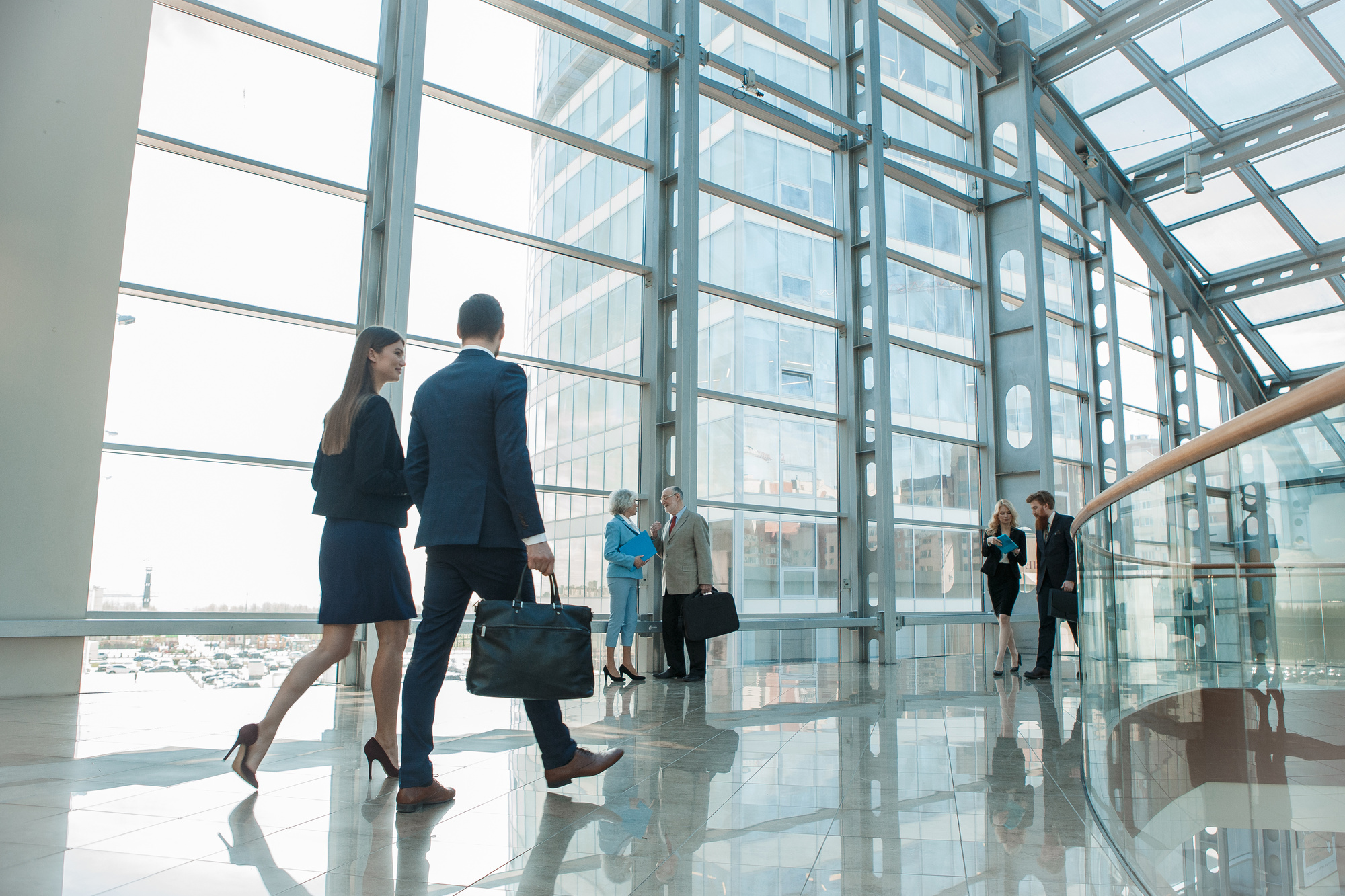
Whether you are here for work or pleasure, your trip should be pleasurable. But chances are that you or someone you know has encountered a travel scam or has heard of one.
These con artists often prey on unsuspecting business visitors from Paris to Bangkok, so it’s critical to be aware of the scams and take preventative measures to avoid falling for one.
I’ve found that business travelers in certain nations are more of a target than the typical vacationer or tourist. Travelers own more than just the customary loot, such as cash and valuables.
They also possess extremely desirable sensitive and private business information, particularly in nations where local authorities would not see it as a crime or anything worth investigating.
Thus, it pays to be vigilant about potential hazards while traveling on business, including abduction, having your computer tampered with even when it is “secured” in the hotel safe, and being socially engineered by an alluring stranger at the hotel bar.
Your first warning sign should be whether the situation looks urgent or if you are under pressure.
Peter Hamdy, owner of Auckland & Beyond says: “Scams come in a variety of forms, but they always have the trait of making their victim feel as if they have to move quickly or risk losing something important, like their reservation.
Con artists aim to manipulate your emotions or force you to move fast by implying that there would be dire repercussions if you do nothing.
However, such kinds of situations are rare in real life, right? It is pretty improbable that you will get a message from a hotel threatening to cancel your reservation if you don’t take action within the next thirty or sixty minutes.
If you’re under pressure to act fast, alarm bells need to be sounding off in your head.
This is particularly true for companies that deal directly with customers, like hotels. That’s not how the service sector operates; it’s supposed to be a pleasant encounter.”
Accommodation
Stephen Greet, founder of BeamJobs shares: “Make sure you thoroughly investigate any hotel you are thinking about staying at for issues like theft, frequent loss of belongings, excessive credit card charges, etc.
Hotels may serve as havens for criminal activity, and because you are traveling for work, whatever sensitive company data you take with you—whether on a computer or paper form—may make you a target.
If in doubt, get in touch with the company or third-party platform directly (do not use the numbers provided in the message).
Call the hotel or service provider directly if you believe there is a legitimate reason you may need to pay for the reservation; however, make sure you use the phone number from the online firm website rather than an email address.
Suppose the communication originated from a third-party booking service, as was the case with the Booking.com scam. In that case, you should visit that booking site and get in touch with their customer support to confirm if the message is authentic.
Booking.com is the source of the message that the victims get, making the scam rather clever. And some travelers would undoubtedly conclude that “it is going to be legitimate if it is coming from them.”
The biggest red flag, however, is when they attempt to force you off the platform.”
Consumables
In public dining areas, pubs, hotels, and other establishments, never take food or drink from strangers since it can contain narcotics that might cause you to pass out or worse.
Although this may seem a little “James Bond,” medicines are inexpensive in many nations, and drugging others may not be as frowned upon even if it is illegal.
An overdose might cause bodily harm that is irreversible. I make sure the bottle is opened in front of me when I order a beer in a bottle at the bar to prevent drugs from being added before I’m served.
ATMs
Be sure to only use ATMs that are connected to banks since some industrious people have been known to install fake ATMs in shopping centers and other public places.
Watch out for the hotel minibar
Tony Taylor, owner of A1 Auto Transport tells us: “There’s water all around us, but not a drop to drink. Determining if the water is really safe to drink while visiting another country with dubious water regulations may be a stressful affair.
The problem is that these anxieties are being exploited by some hotels. Even if the water is safe to drink, hotel workers in certain nations may advise guests not to drink it.
This encourages customers to purchase the minibar’s pricey bottled water. Even worse, sometimes there is no price listed for the water, leading visitors to believe it is free.
Regretfully, you don’t realize that the bottled water isn’t free until you get the charge at the register.
Make an investigation. Visit the Centres for Disease Control and Prevention website before traveling to any new country for information and alerts to help you be ready.
The website just needs your location to be entered, and it then offers health advisories and advice on safe eating and drinking.”
Taxis
Harrison Tang, founder of PeopleWin shares: “Try to find out how much the fare to your location should be before hopping in a taxi. I usually ask the staff at the hotel how much the dinner will probably cost.
Since hotel officials are familiar with them and more respectable taxi companies are the only ones permitted to be in the queue, I also hail my cabs from the hotel line.
If you must hail a cab, be sure the vehicle is registered with a reputable business and has that company’s logo. Uber is also a good option. As long as you can verify that the driver is an Uber employee.”

